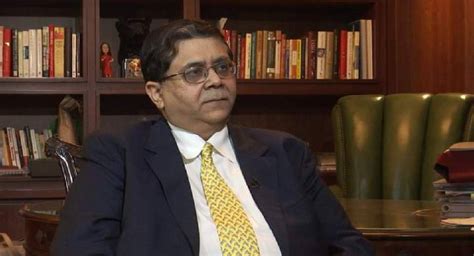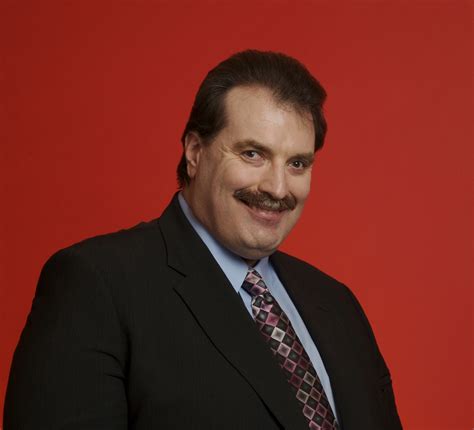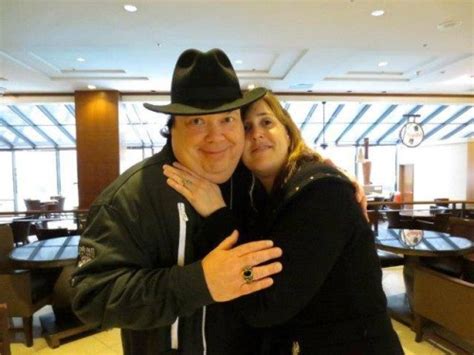A Quote by Bill Crawford
There are two ways to look at most problems... 'Oh Crap!' or, 'Good Information!,' and our choice will give us good information on how to deal with problems in the future.
Related Quotes
For good or for bad, India has rejected a more totalitarian approach to how it will deal with its social problems. We would starve but we would not give up our democracy and our love for our freedoms and to deal with these problems in an atmosphere of democracy and the rule of law without necessarily going, sort of resorting to civil disobedience or any kind of violent revolution.
Money and prices and markets don't give us exact information about how much our suburbs, freeways, and spandex cost. Instead, everything else is giving us accurate information: our beleaguered air and watersheds, our overworked soils, our decimated inner cities. All of these provide information our prices should be giving us but do not.
Well, there's a question as to what sort of information is important in the world, what sort of information can achieve reform. And there's a lot of information. So information that organizations are spending economic effort into concealing, that's a really good signal that when the information gets out, there's a hope of it doing some good.
Well, there's a question as to what sort of information is important in the world, what sort of information can achieve reform. And there's a lot of information. So information that organizations are spending economic effort into concealing, that's a really good signal that when the information gets out, there's a hope of it doing some good...
Most very successful people can remember that their success was discovered and built out of adversity of some kind. It's not the problems that beset us-problems are surprisingly pretty much the same for millions of others-it's how we react to problems that determines not only our degree of growth and maturity but our future success-and, perhaps, much of our health.
The modern Western world is in many ways a sustained attempt to deal with the unintended and unwanted problems related to the disruptive fracturing of Christianity in the 16th and 17th centuries; We can't understand ourselves or our world in 2017 - or its increasingly obvious and grave problems, and just how deeply rooted they are - unless we understand how much they owe to attempts to deal with the problems derived from what started 500 years ago, in 1517.
One of the most difficult problems of our age is that leaders, and perhaps academics as well, cannot readily admit that things are out of control and that we do not know what to do. We have too much information, limited cognitive abilities to think in systemic terms and an unwillingness to appear to be in control and to have solutions for our problems. We are afraid that if we admit to our confusion, we will make our followers and students anxious and disillusioned. We know we must learn how to learn, but we are afraid to admit it.































